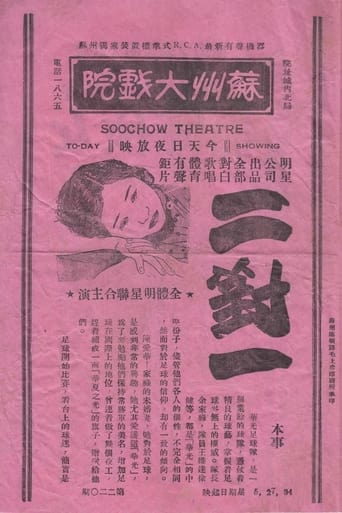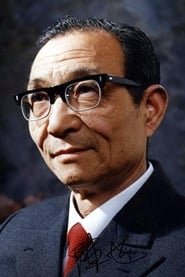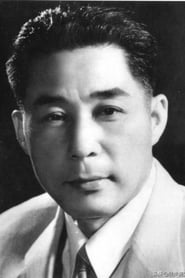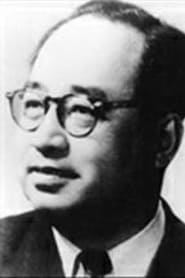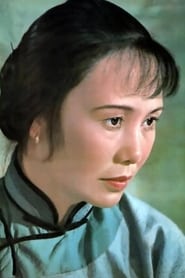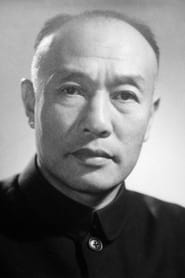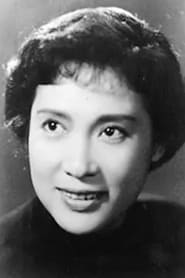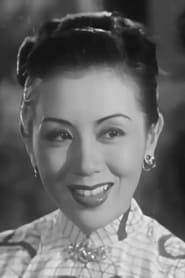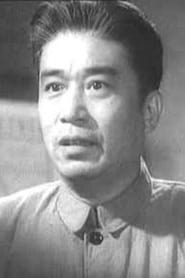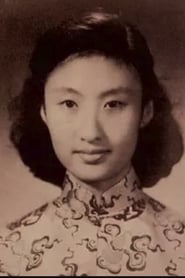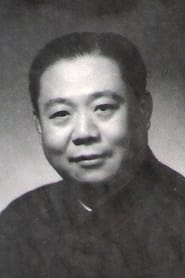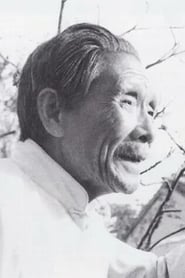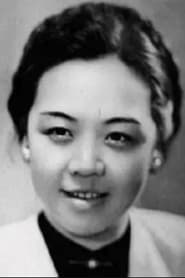The best Zhao Dan’s movies
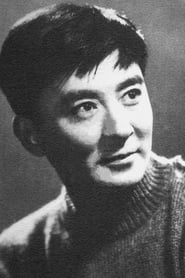
If you love cinema, you will share this ranking of the best Zhao Dan’s movies, although you may have ordered them differently. In any case, we hope you love it and with a little luck discovering a movie that you still don’t know about Zhao Dan.
Street Angel
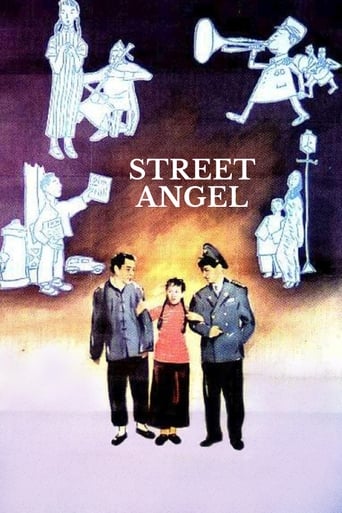
7/10
In old Shanghai, two sisters, a prostitute and a singer, tried to escape from the local scoundrels with the help of a trumpet player and a newspaper seller.

The Opium Wars
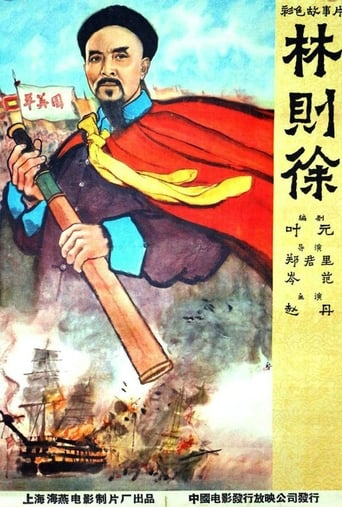
6.3/10
China 1839. Because the British imports of opium into Southern China are creating such widespread medical and economic problems, the weak Manchu emperor Tao Kuang is forced to take action that precipitates the 'Opium War'.

Li Shizhen
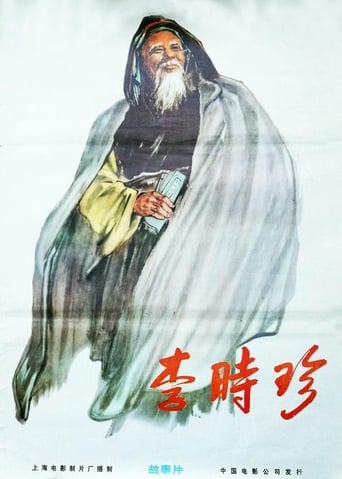
6.8/10
This biography film is based on the life of the real historical figure Li Shizhen.The story focuses on the social injustices suffered by Li as well as the difficulties he overcame in writing the famous Encyclopedia of Herbs.
The Life of Wu Xun
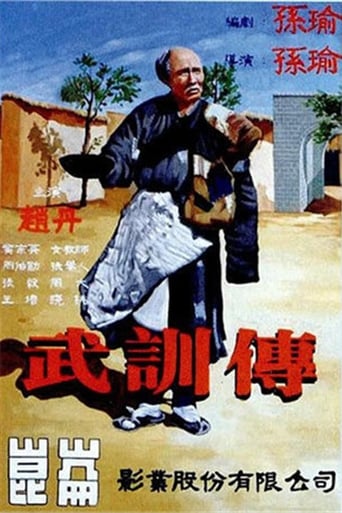
6.9/10
The life-story of Wu Xun, a beggar in the Qing dynasty who set up free schools for poor children.
Soul of the Sea
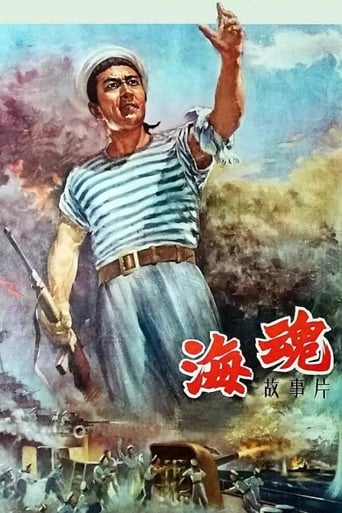
The sailors on a Kuomintang warship revolt, arrest their officers and defect to the Chinese People's Liberation Army.
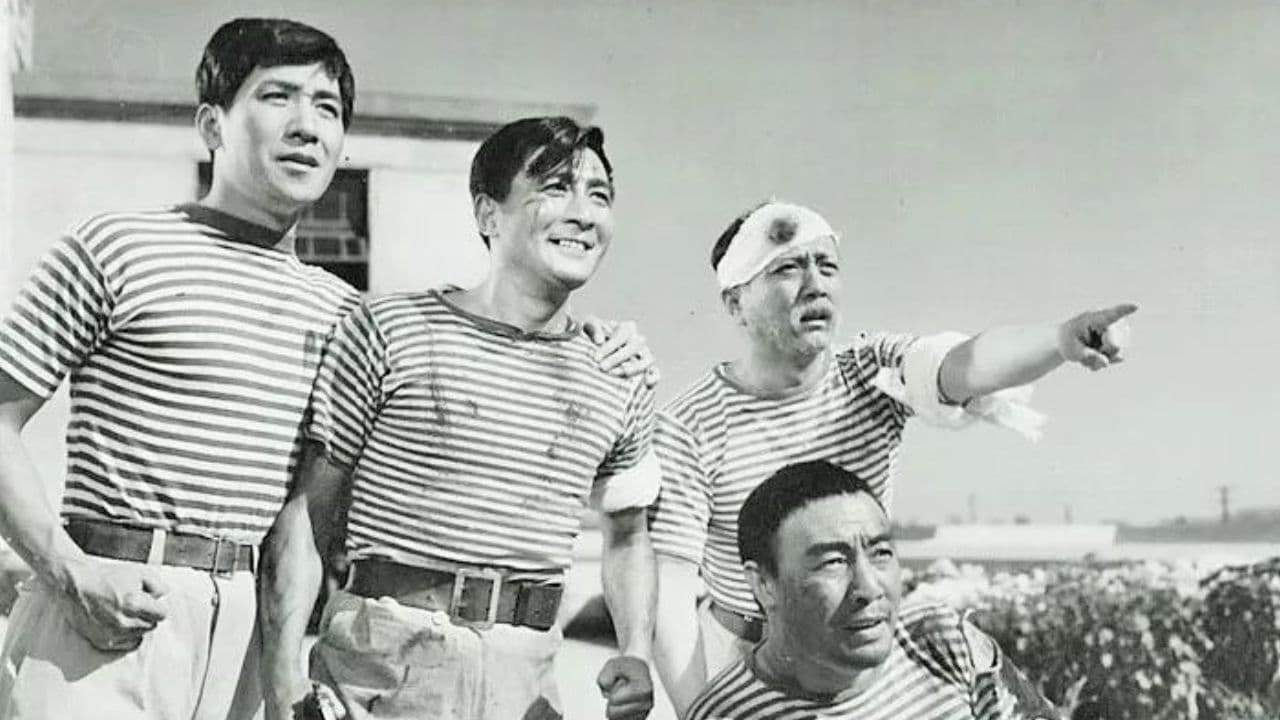
Twin Sisters
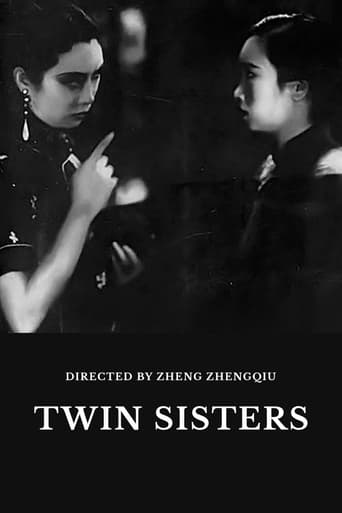
6.2/10
Twin girls separated at birth are reunited when the one raised in poverty becomes a servant in the household of her sister, now the pampered wife of a warlord general.

Nie Er
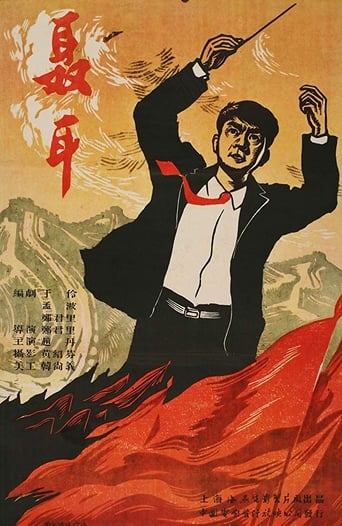
6.9/10
Shot in gorgeous color, this fascinating communist flipside to fifties Hollywood music biopics chronicles the life and tragic early death of Nie Er, the composer of the PRC’s national anthem.

Red Crag
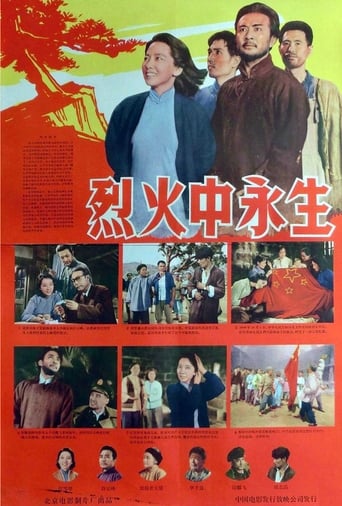
6.6/10
A taut wartime thriller, Red Crag: Life in Eternal Flame anticipates the paranoia and violence of the imminent Cultural Revolution while harking back to the aesthetic splendour of the Golden Age Shanghai cinema of the late 1940s. (This opulence is largely due to the work of cinematographer Zhu Jinming, the master visual stylist of Shangrao Concentration Camp and other key "Seventeen Years" films.) The film concerns a hard-boiled woman working in the Chongqing Communist underground during World War II, whose commitment to the guerrilla cause is only intensified after she witnesses her husband's head mounted on the city walls by the Nationalist forces.

Crows and Sparrows
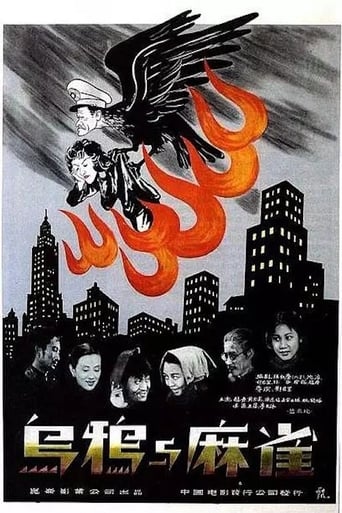
7.2/10
At a Shanghai apartment, Mr Hou, a Nationalist official, gets ready to move to Taiwan upon the imminent defeat of the KMT during the Civil War. Mrs Hou gives an ultimatum to the rest of the tenants to move out on behalf of her husband, who is the "owner" of the flat and who is now planning to sell it. From the conversations with the rest, we find out that Hou has been a Hanjian during the Sino-Japanese War and that he has since taken over the apartment by force from the old landlord, Mr Kong. The tenants, including Mr Kong, Mrs Xiao, Little Broadcast (alias Mr Xiao, played by Zhao Dan) and a schoolteacher, Mr Hua, and his wife, initially plan to band together, but circumstances force them to find other ways out. Mr Hua tries to find a place to stay at the KMT-sponsored school he is teaching in. Little Broadcast and Mrs Xiao invest in black market gold. As the situation escalates, Mr Hua gets arrested by KMT agents and his young daughter falls desperately ill.

For Peace
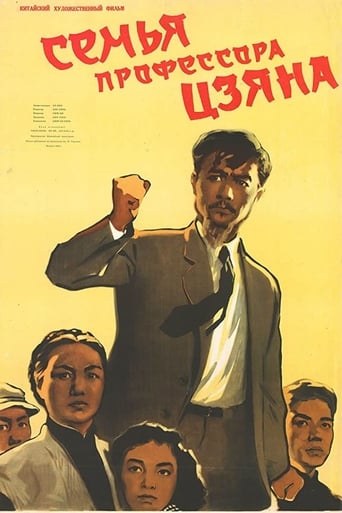
5.8/10
A professor of East China University and his family become supporters of the Communists after America supports the Nationalists.
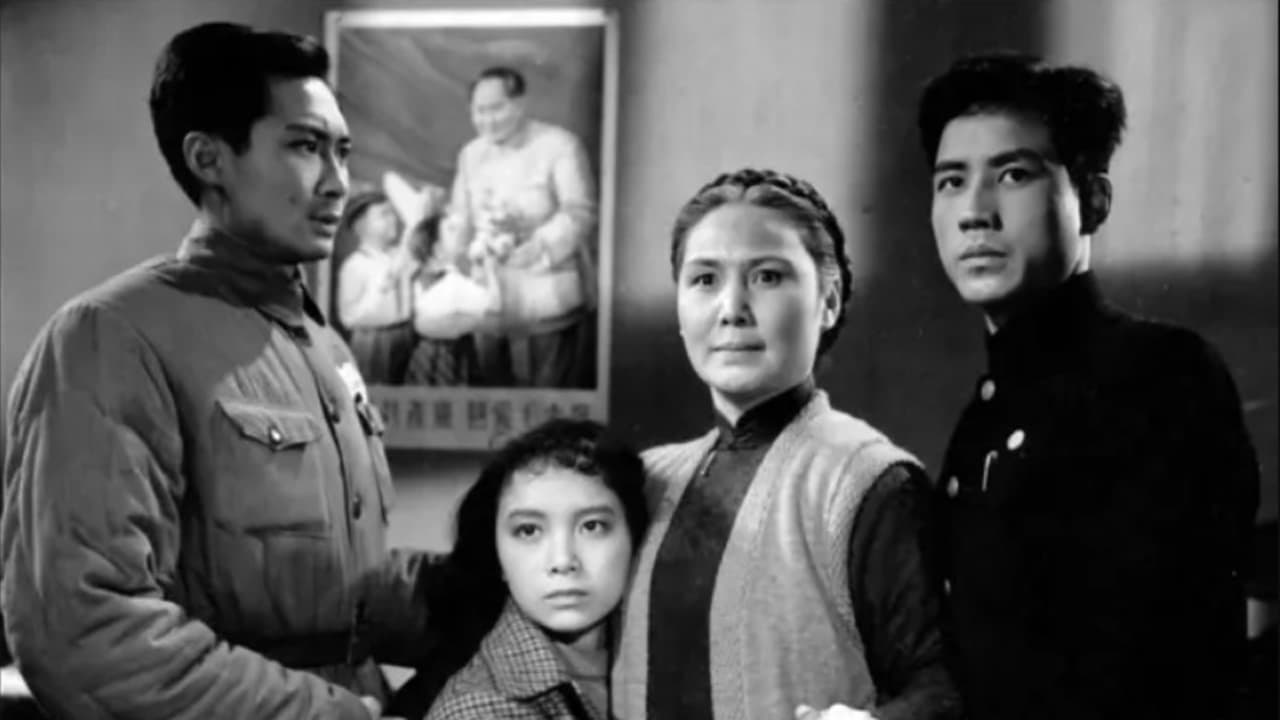
Three Girls
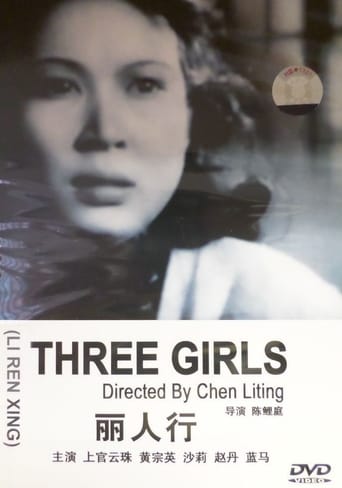
7/10
This dramatic movie is about three women in Japanese-occupied Shanghai, 1941, and one could call it very woman-centric (which isn't a bad thing). They "breathe the same air", but are in different walks of life: Jinzhu is a factory worker. She gets raped by Japanese soldiers in the very first seconds of the film, and much of the rest deals with the social consequences this has for her.
中华儿女
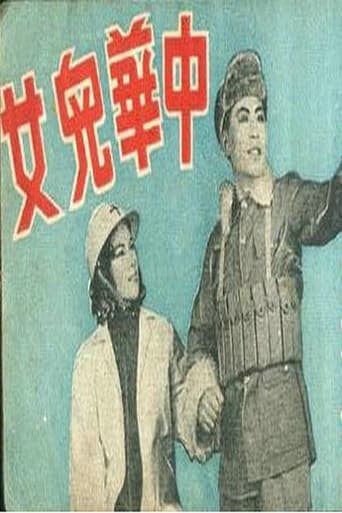
Crossroads
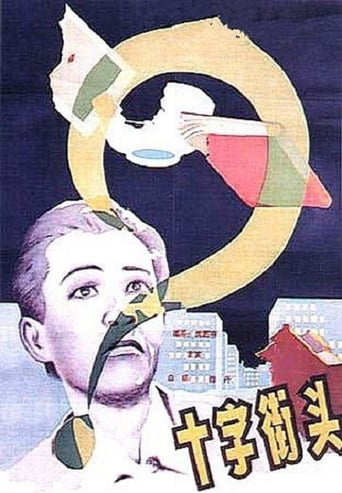
6.7/10
Four students in Shanghai have recently finished university. All are unemployed. Xu contemplates suicide but his friend Zhao talks him out of it. Zhao lives in a shabby room with just a flimsy wall of planks separating him from the room behind. Miss Yang, in town to take a factory job, moves in behind. Her nails into the wall knock Zhao's photos down. The unseen neighbours start playing tit for tat... Zhao gets a job as proofreader at a newspaper. He sees that pretty girl on the tram to work every day. He doesn't know her, but it's Miss Yang... Zhao is assigned to cover labour conditions for the paper. He is sent to a factory, the one where Miss Yang works...
幸福狂想曲
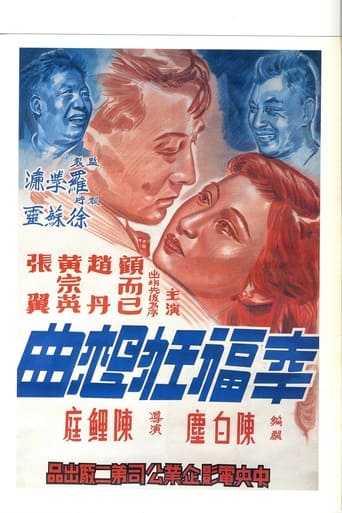
Far Away Love
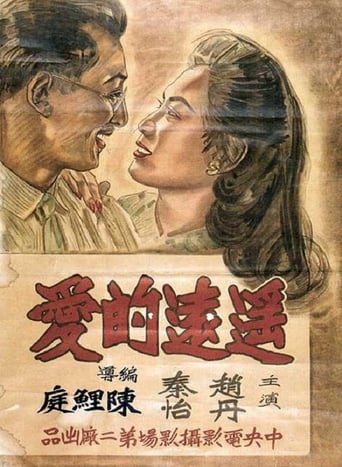
A college professor gives a village girl a make-over.
关不住的春光
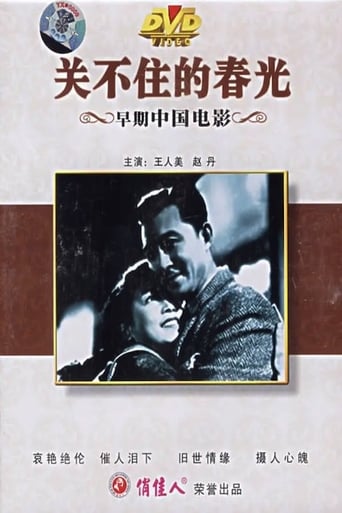
Husband and Wife
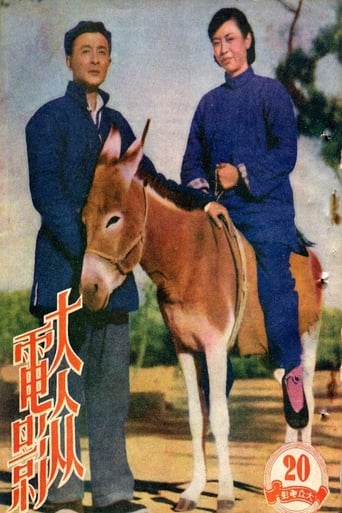
5.9/10
An absorbing example of genre filmmaking in the People’s Republic of China, Husband and Wife could at first glance be mistaken for any other romantic melodrama chronicling the rise and decline of a married couple’s love; here, though, that love takes place in (and is entirely defined by) a realm of political upheaval and Maoist ideology. A Shanghai intellectual marries an illiterate peasant woman–turned–collectivist hero, with outcomes both universal (differences emerge) and specific (revolutionary self-critiques). At first a popular hit, the film (and Zheng himself) was soon critically attacked for counterrevolutionary, pro-bourgeois thought. Zheng even penned a confessional autocritique, but the damage to his career was done. (BAMPFA)
Two Versus One
